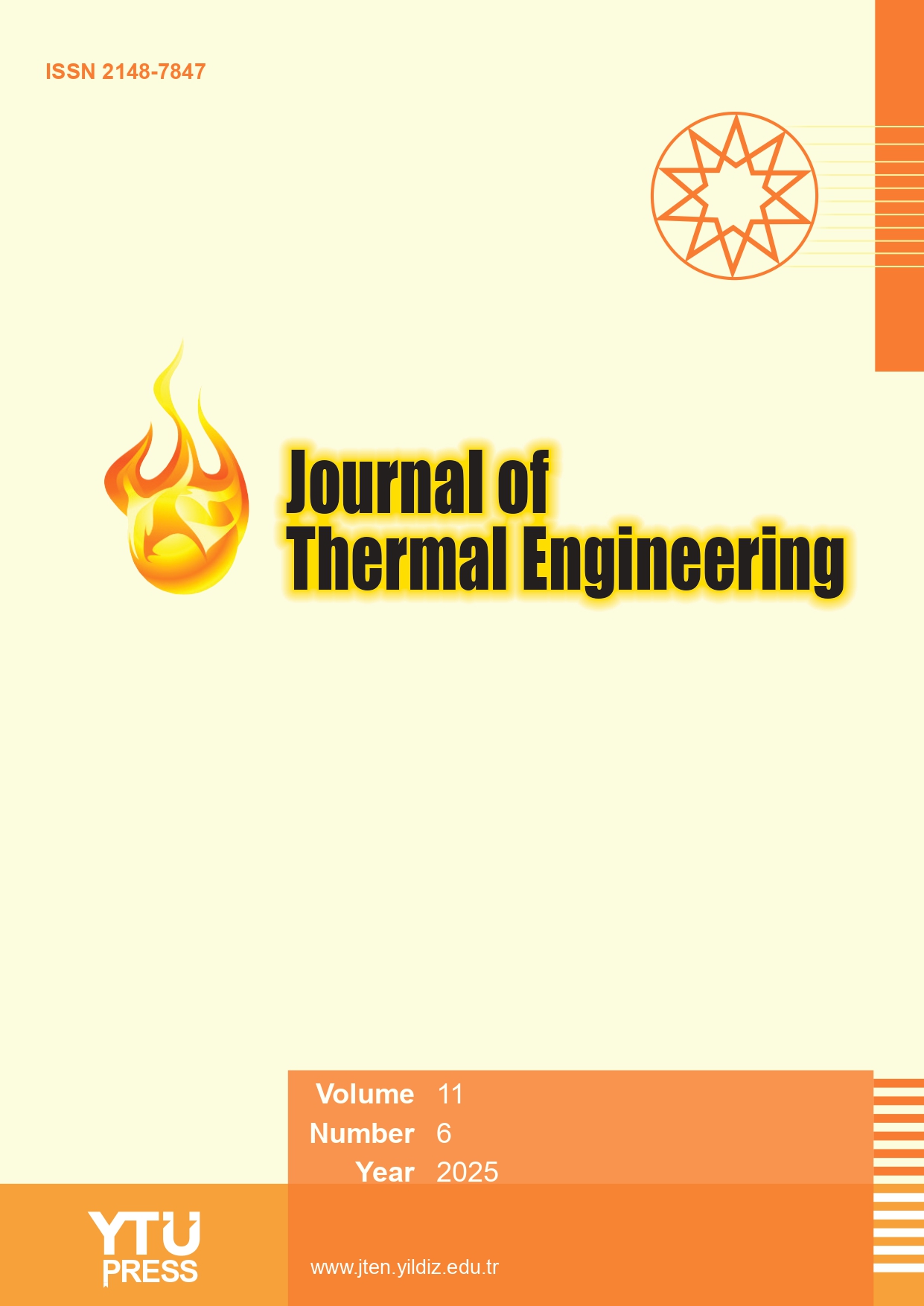2Department of Naval Arch. & Marine Engineering, Yıldız Technical University, Istanbul, Turkey
Abstract
Maritime transportation is taken into account as an environmentally friendly transportation option. Approximately 90% of the world trade is done by sea transportation and growing of globalized world conditions increase shipping and port emissions. The use of heavy fuels on ships and the positioning of port areas close to the habitats affect the health of people living in coastal cities. Accordingly; NOx, SOx, PM and CO2 emissions are especially limited for international regulations by International Maritime Organization (IMO) and the European Union (EU).
In this study, real-time air quality measurements of PM2.5, PM10, SO2, CO, NO and NO2 emissions are performed for three months where the measurement tool is located in the Port of Ambarlı, Marport Terminal. The ships are monitoring during berth and manoeuvring around the critical dates and times at the terminal. The hourly values of real-time emission data measurements are shown for 25 May to 15 August 2017. Critical dates and times which are the highest value of the all emissions are determined between measured dates. SO2, NO, CO and CO2 emissions are investigated for different wind speeds using a single ship positioned at different angles and two ship models in different operating modes via Computational Fluid Dynamics (CFD) modelling.



















